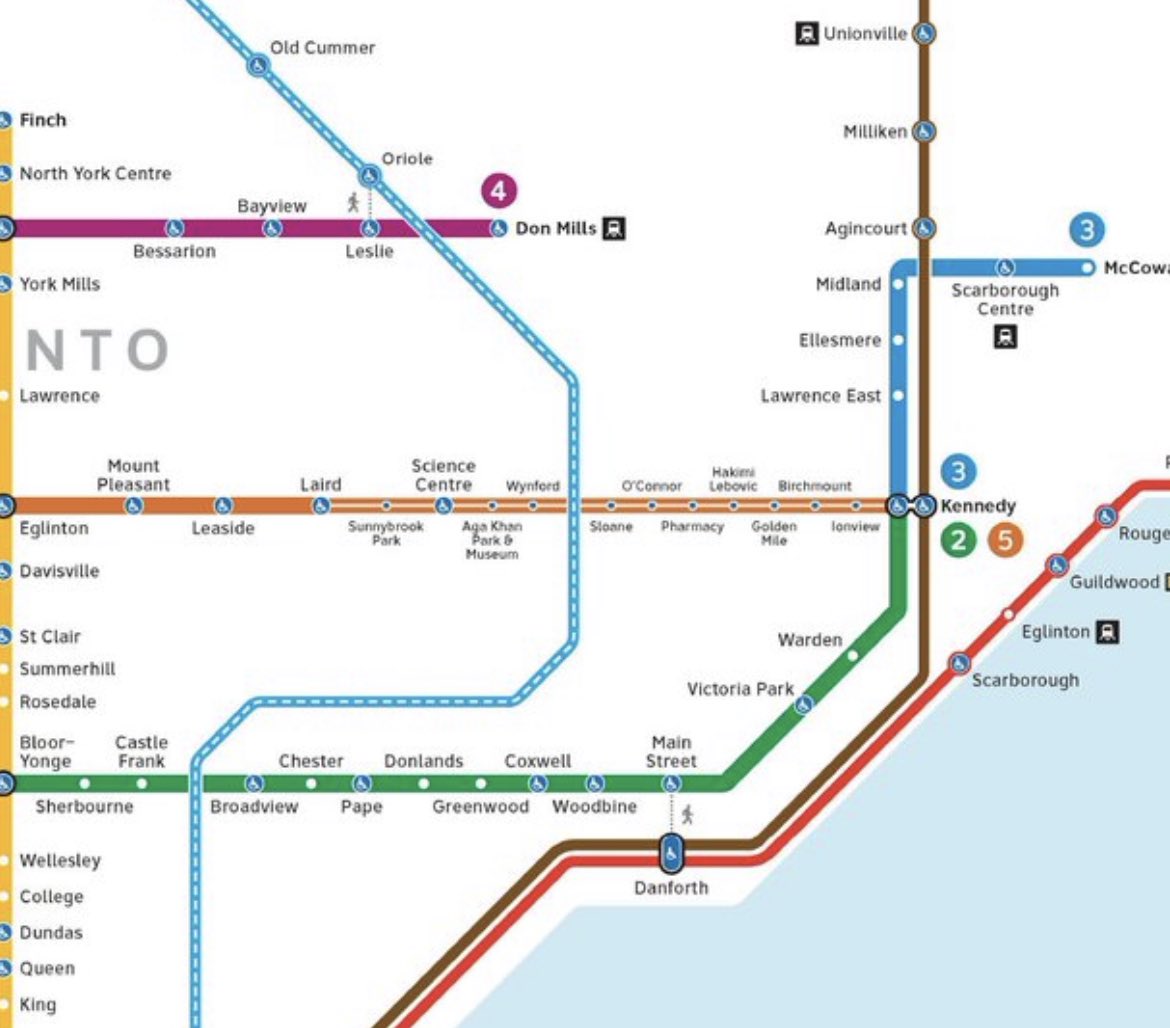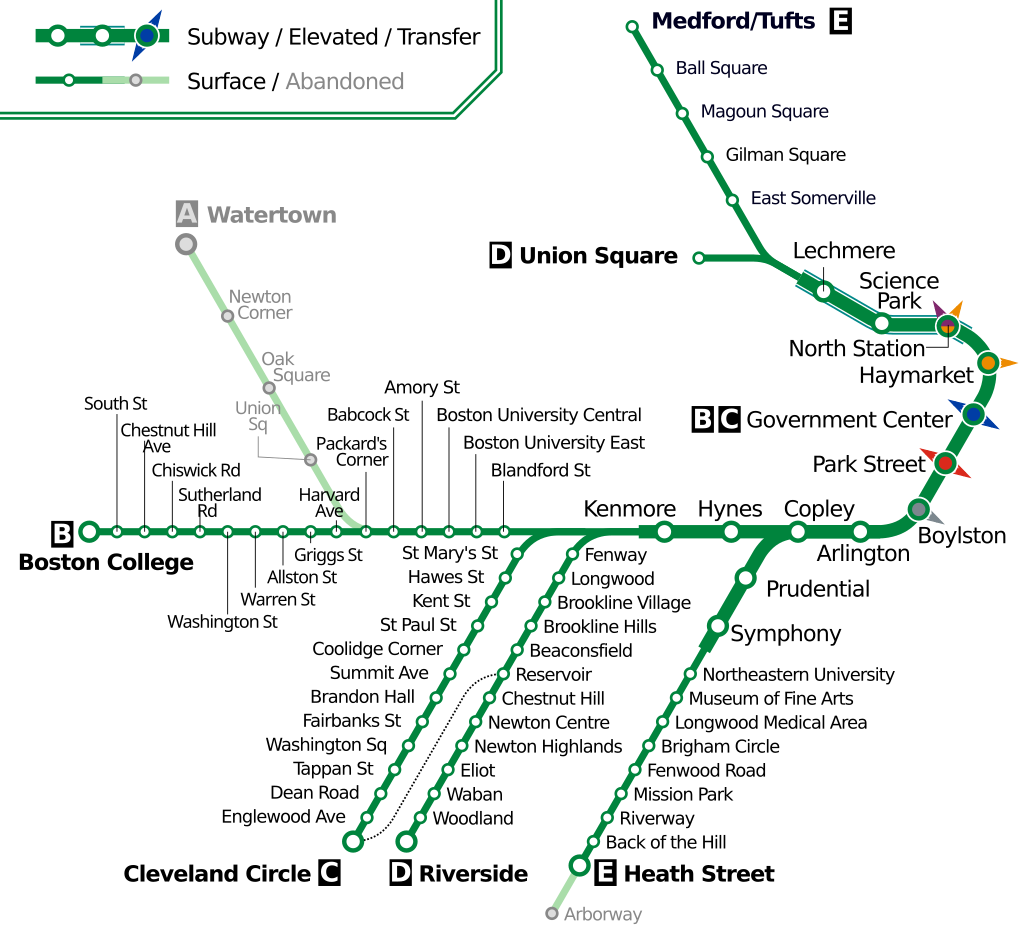MrGoose
Active Member
In 20 years we’re going to shut down the eastern half of the line for 5 years to properly grade separate the line and spend another 10 billion dollars to do so.
Let’s spend all this money to build a subway under the central East west avenue across the city, except we’re going to gimp it by using medium not high capacity vehicles and not grade separating it.







